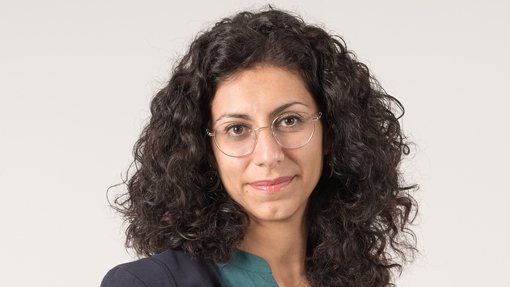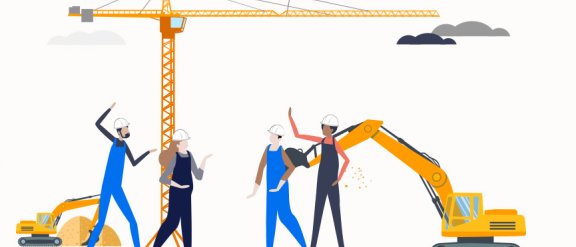
The protection of human rights is an essential principle that is linked with each of Technip Energies’ foundational beliefs. We aim to build a better tomorrow and hence care deeply about what we do and how we do it.
To mark Human Rights Day on December 10, Venus Maroun-Valette, Senior Compliance Counsel, explains how our human rights policy is developed and monitored.
Q: What does human rights cover and how is this translated into Technip Energies’ operations?
Venus Maroun-Valette (VMV): Human Rights encompass a broad range of topics, and in Technip Energies, these cover the prohibition of any form of child and forced labor, the prohibition of discrimination and harassment in all forms, ethical recruitment practices and fair working conditions, the respect of freedom of association and collective bargaining, the promotion of a healthy, secure and safe working environment and the availability of employee grievance mechanisms.
We follow a risk-based approach to assess where our operations face the highest risks from a human rights perspective. We prioritize risks and address these through appropriate mitigation measures. For selected projects, this includes among other things, the assessment of human rights procedures and practices of key subcontractors or partners, or dedicated KPIs that must be implemented and reported regularly by subcontractors.
Since human rights involve many aspects of our operations, it’s a topic that’s handled by different functions. We have defined our overall policy by engaging with internal and external stakeholders. For example, we are members of the Steering Committee of Building Responsibly, an organization of leading companies that promotes the human rights and welfare of workers in construction and engineering.
Q: What are the challenges and what role do employees play?
VMV: Technip Energies alone won’t be able to bring about change in our sector. All stakeholders must be involved. One of our approaches consists in engaging with clients, subcontractors and suppliers worldwide to work collaboratively and agree on the same minimum acceptable standards. We have free and open exchanges with our peers and other companies on taking these important matters forward as we believe everyone must work together to make change happen.
In this vein, we see our employees as guardians of human rights. Their role is to raise awareness when they see a situation they believe is not right or suspect human rights violations. To help with this task the UN International Labor Organization has defined 11 indicators of forced labor. These include retention of identity documents, withholding of wages, debt bondage, restriction of movement, excessive overtime and isolation.
In this area, we must all be continuously vigilant as risks may evolve depending on circumstances and other factors. For example, the economic challenges resulting from the COVID-19 pandemic have exacerbated previous areas of concern related to worker welfare and, in some cases may have exposed workers to potential human rights issues related to a deterioration of their working conditions.
Human rights legislation is becoming increasingly stringent in countries across the world and it’s expected that this trend will continue. We see this as a good thing as it is aligned with how Technip Energies wants to see business carried out. In the future any organization that breaches human rights commitments could face legal challenges in addition to suffering reputational damage.
Q: How do you measure progress and monitor changes in the human rights landscape?
VMV: It can be difficult for companies across a sector to establish a common set of metrics since there are many different norms and standards. For our part, the measurement of progress in the area of human rights will be included in our environment, social and governance (ESG) roadmap that we will publish early next year. It will include a clear action plan with qualitative and quantitative indicators to assess our performance.
Our approach has evolved as we’ve moved from developing policies and procedures to creating processes and tools that allow us to implement those policies in our operations. We monitor our performance through self-assessment, comparison with our peers and dialogue with external stakeholders. Both our Board of Directors and Executive Committee are fully supportive of the deployment of these methods in our business. Indeed, while we want to be a profitable business, we think this is achievable while having a positive effect on the lives of our employees and of the communities in which we operate.
Moreover, it’s also important to bear in mind that our industry is undergoing significant transformation with the energy transition, and the protection of human rights goes hand-in-hand with these changes.
This is still a learning journey for all companies in the sector. And we, like our clients, partners, investors and all our other stakeholders, including the communities where we work, expect high standards when it comes to human rights. Meeting this challenge is how we will move forward and be true to our beliefs.
